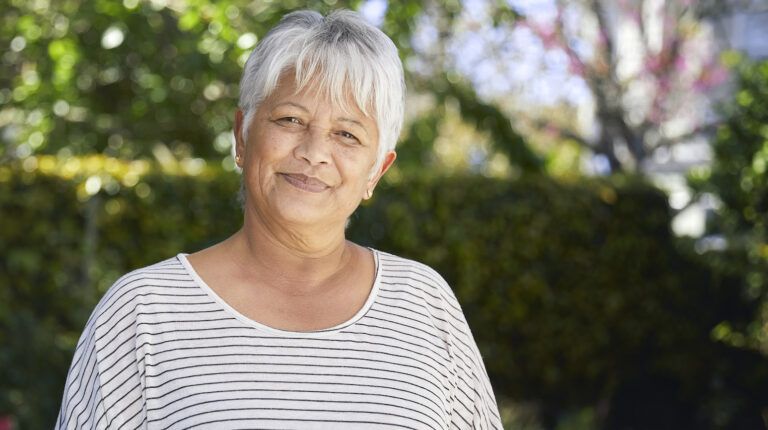Diane Stark was right to worry about her widowed mother-in-law. Research shows that social isolation takes a toll on health, well-being and quality of life, especially as we get older. That’s why the Good Samaritan Society developed Kin Ministry, an innovative program that coordinates in-person, phone and video-chat connections between isolated seniors and volunteers from their faith community. Even though “technology can be an important part of the solution for loneliness,” says Denice Dengler, Kin Ministry’s manager, “people still want and need human connection.” Active listening is the key, according to Dengler and Barb Schwery, executive director of BeFriender Ministry, which trains the volunteers. Here are their tips for becoming a better, more active listener:
Do some self-reflection. We each have our own communication style, Schwery says. How have your life experiences shaped how you listen and communicate? What were things like in your family growing up? What is your role in life now? Also, consider how day-to-day occurrences affect your interactions. If someone cuts you off in traffic, say, how might that affect your conversations with colleagues later that day?
Meet the other person where they are. “If you visit someone who’s grieving, for example, they might not want to talk about it at first,” Schwery says. “Maybe they want to talk about gardening instead. Letting them lead the conversation builds trust.” They’ll talk about what’s really on their minds when they’re ready to.
Respond with understanding. In conversations, “people typically think, ‘What do I need to say next?’ rather than ‘How do I make sure I understood?’” Schwery notes. To better understand someone’s story from their perspective, restate what you think you heard. For example: “Sounds like you really miss your daughter.”
Think caring, not curing. You’re not there to teach or give advice. “Just be a listening presence,” Dengler says. Remind yourself, “I don’t have to have all the answers. It’s not up to me to fix this. I’m going in to learn.” Asking open-ended questions gives the other person the opportunity to choose how to respond.
Be nonjudgmental. It’s healing to talk about your experiences, thoughts and feelings without being judged or criticized. Provide a safe space for someone to do that. “Listen in the way you would like to be listened to,” Schwery says.
Visit good-sam.com/guideposts to learn more about Kin Ministry and other programs supported by the Good Samaritan Foundation.
For more inspiring stories, subscribe to Guideposts magazine.





